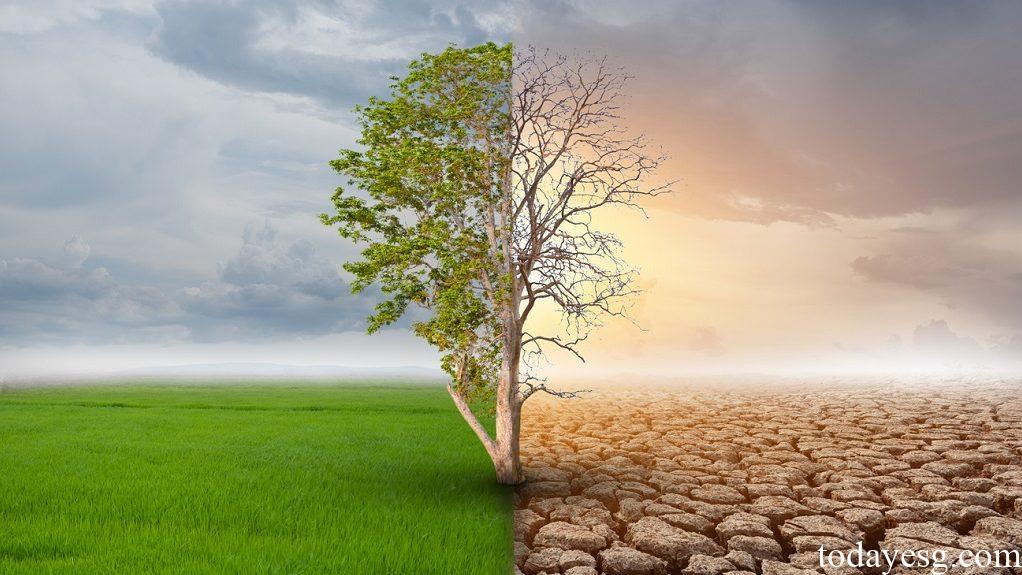Impact of Climate Change on Human Health
The World Economic Forum (WEF) release a report on the impact of climate change on human health, aiming to quantify the impact of climate change on human health and the global medical system.
WEF believes that climate change may cause 14.5 million deaths worldwide and cause economic losses of US$12.5 trillion in 2050. Climate change will also impose an additional $1.1 trillion in costs on global healthcare systems, placing additional burdens on healthcare infrastructure and human resources. At the same time, 500 million people around the world may be at risk of infectious diseases brought about by climate change.
Related Post: World Economic Forum Regards Climate Change as a Global Risk
The Relation between Climate Change and Human Health
Climate change is already causing frequent extreme weather events, including floods, droughts, heat waves, tropical storms, wildfires, and rising sea levels, which are changing human morbidity and mortality. The direct impacts of climate change on humans include death, physical injuries, malnutrition, infectious diseases, etc., while the indirect impacts on humans include stress, psychological trauma, etc.
The impact of climate change on human health is also reflected in the growing health equity gap. While these impacts are global, the impacts of climate change are more pronounced in areas that lack resources and infrastructure, and where residents have limited access to medical services. The United Nations believes that 3.3 billion to 3.6 billion people worldwide live in areas that are extremely vulnerable to the impacts of climate change, many of them in low- and middle-income countries. Even if the world achieves the climate goals of the Paris Agreement, the cumulative economic losses from extreme temperatures alone will exceed $2.4 trillion.
Humans have noticed the health effects of climate change. COP28 established the world’s first Health Day and issued the Declaration on Climate and Health. It was the first time the world decided to put health at the core of global climate actions.

Quantify the Impact of Climate Change on Human Health
To quantify the impact of climate change on human health, WEF first identifies six extreme weather events caused by climate change and determines the short- and long-term effects of these weather events on health. WEF then identifies some high-risk areas that are more susceptible to extreme weather impacts, and finally scores these impacts.
WEF research found that six extreme weather conditions may cause 14.5 million deaths worldwide in 2050, of which 8.5 million will be affected by floods and 3.2 million will be affected by drought. 21% of these health effects occur directly, and the other 79% come from long-term effects after extreme weather events and last for generations. The economic losses caused by weather events will reach 12.5 trillion US dollars, of which the economic losses caused by heat waves will reach 7.1 trillion US dollars. Asia and Europe have suffered the most economic losses, reaching US$3.5 trillion and US$2.6 trillion respectively. Medical costs to treat diseases caused by climate change will reach $1.1 trillion per year in 2050, nearly half of which will come from the Americas.
Build a Climate-resilient Healthcare System
To cope with the impact of climate change on human health, the world needs to establish climate-resilient healthcare systems. Climate resilience includes two aspects. One is climate resistance, that is, the medical system needs to resist climate change and reduce the negative impacts of climate change. The second is climate recovery, that is, the medical system needs to help humans return to a stable state and continue to meet social needs.
The public sector, including governments, needs to play an important role in building climate-resilient healthcare systems. The public sector provides financial support to the health system and invests in infrastructure. The private sector also needs to leverage its strengths to provide technical support in medical innovation and work with the public sector to coordinate funding. Through incentives, subsidies and other measures, the public and private sectors can effectively respond to public health events and play a role in the subsequent response to climate change.
Reference:
Quantifying the Impact of Climate Change on Human Health
Contact:todayesg@gmail.com








